Like most people, I have been a carnivore for most of my life. My journey to veganism started with going pescatarian first, before I became vegetarian, and then finally vegan, all within about a 2-3 year timeframe.
Back during those carnivorous times, I never even considered eating anything but meat. How could I possibly give up all that amazing dim sum? What would I eat at family get togethers? How would my parents react if I started rejecting turkey at Thanksgiving?
Behind those thoughts were also some common misconceptions about vegans that I couldn’t shake off. But since becoming vegan, those common misconceptions turned into just that—“misconceptions” .
Here, I’ll share some of the misconceptions I thought about vegans before I turned vegan, and how I have proven those misconceptions wrong over the years.
Misconception #1: Vegans don’t eat enough protein
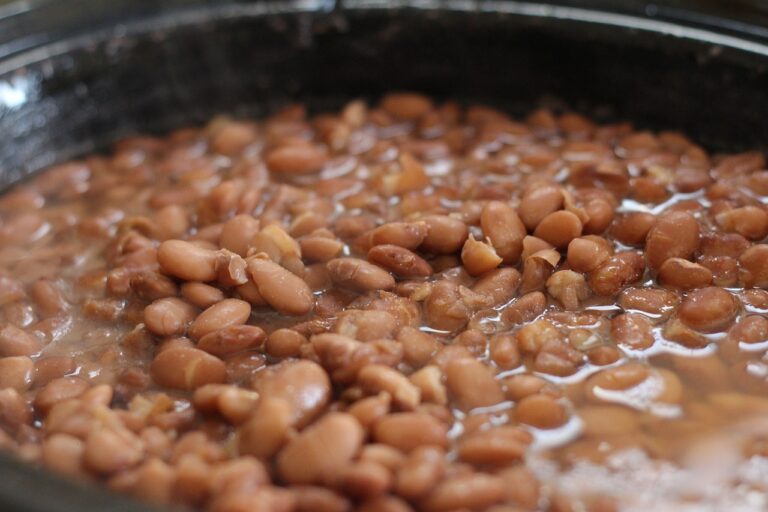
One of the most common questions I would ask anybody who was vegan before I turned vegan was “where do you get your protein from”? The common answers I would get were “tofu” and “beans”.
5-10 years ago, that probably was the case for most vegans. But now, the options for protein-dense vegan foods is limitless. Now there are vegan versions of beef, chicken, and even tuna that more or less have the same amount of protein as their animal-inspired counterparts. Additionally, the food industry has been able to figure out how to extract protein from several plant sources and produce vegan protein powders (like this one) that pack the same protein punch as non-vegan protein powders (which are typically made of whey, a cow product).
Basically, “tofu” and “beans” are not the only options of vegan protein sources nowadays, making it easier for vegans to get the same amount of protein as carnivores, vegetarians, and pescatarians alike. I myself eat anywhere between 80-90 grams of protein per day (and that’s well over the recommended 46 grams of protein for a woman my size). So to say that vegans don’t eat enough protein is clearly not true
Misconception #2: Vegans don’t eat at steakhouses.
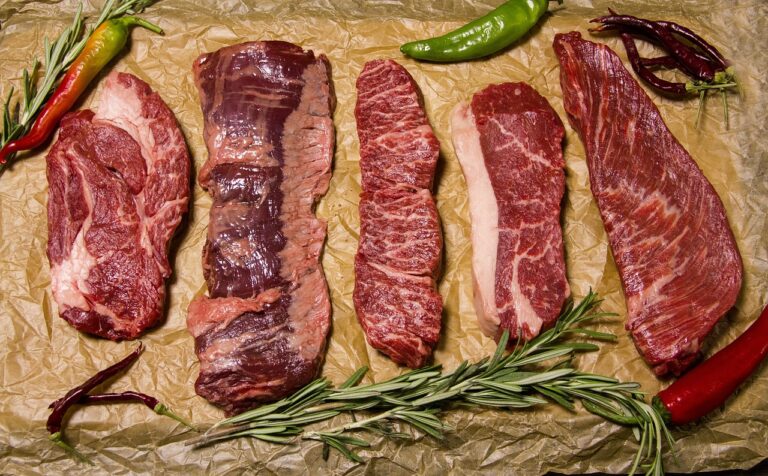
This is definitely not true, and I am living proof of this. My husband—a carnivore—and I go to steakhouses all the time. Most steakhouses where we live in Las Vegas have at least one vegan dish. The really accommodating ones even have a full vegan menu. And even the more mainstream ones (like Sizzler’s) offer salads that can be made vegan (for example, by eliminating any cheese or dairy-filled sauce).
I personally do not feel weird walking into a steakhouse and claiming that “I am vegan”. Most steakhouses in Las Vegas know exactly what that means and are very accommodating. They don’t even blink an eye or look at me weird like “What are you doing here?!” They just read off all of the items on the menu (or just the one) that I can eat, and usually whatever option they have sounds good to me.
Misconception #3: Vegans like and eat all vegetables
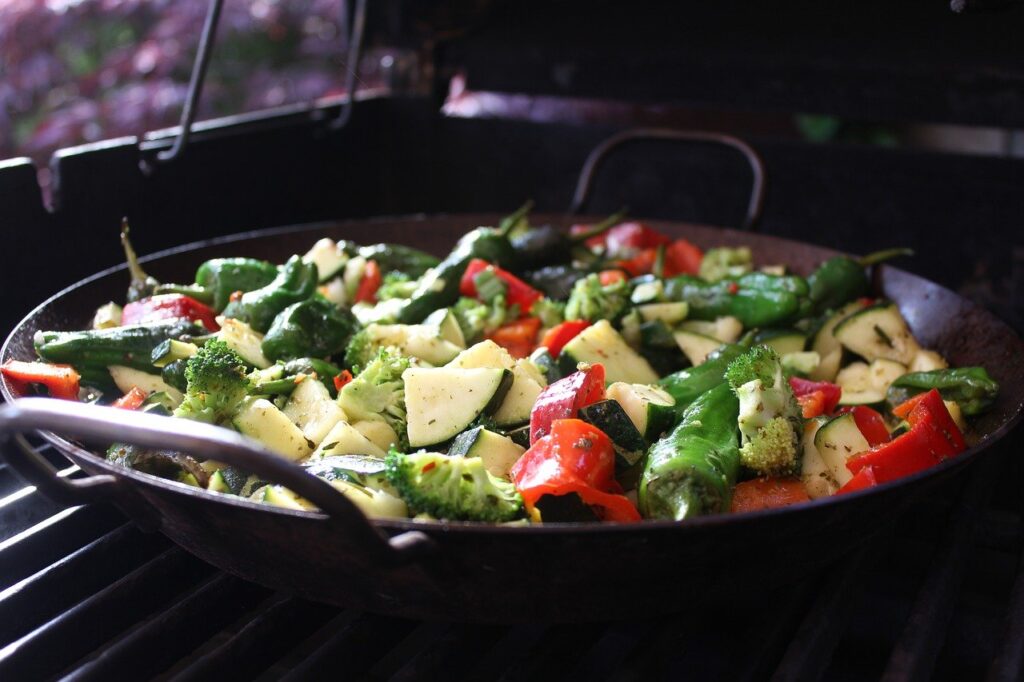
Just because vegans don’t eat animals or animal products, doesn’t mean they eat everything that is NOT an animal or animal product.
This includes all vegetables.
I personally have a few vegetables that make it to my “do not eat” list for different reasons, and I’m sure there are other vegans who feel the same.
In reality, not all vegetables are created equally. They all have their own unique flavors and textures and biological properties that just doesn’t always vibe well with carnivores and vegans alike.
Misconception #4: Vegans can’t gain muscles.

This ties back to the first misconception: If a vegan doesn’t eat enough protein, then how can they possibly gain any muscle on their body?
I’ve been able to prove this misconception wrong over the years. Back in 2020, I decided to start adopting a barefoot/minimal running style that requires me to run on the platforms of my feet. This means my calves work overtime to propel my body forward, and several hundred miles later, my calves have grown to a size I have never seen before—all while on a vegan diet.
What your body looks like on the outside definitely depends on what you put on the inside. With vegan diets, you can still get the right amount of protein, macro-, and micronutrients to not only live a healthy life but to also build muscle and body mass.
Misconception #5: Vegans don’t like being around meat, nor the people who eat them.
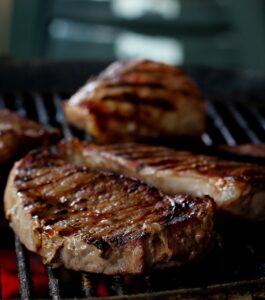
Even after eliminating meat from my diet, I can still appreciate the smell and look of cooked meat. I mean, c’mon… bacon? Char siu? A fire-grilled steak? It’s hard to deny how good those things look and smell, and I remember the taste of them too—damn good!
Yes, I’m one of those weird vegans who will look at your meat dish, take a whiff of it and say “Mmm… that looks soo good!” But I’ll appreciate from afar (or from across the table) and never ask to taste or take a bite, because I still have no interest in eating animals.
So despite what some people may think about vegans (and especially what I thought about vegans), I don’t mind being around cooked meat or pescatarian dishes. As for the people who eat them?—I don’t mind being around them either. In fact, all of my friends and close family members (including my husband) are meat-eaters. I don’t judge them for eating what they eat and I also don’t impose my vegan diet on them. I respect their food choices as they respect mine. That’s how it should be.
The takeaway
The vegan diet is just one flavor of many elimination diets, and the general misconception with elimination diets is that the people who participate in them are missing something.
But I can say from my vegan experience that I am not missing anything. I’m not “missing” any protein, steakhouse dinners, or muscles. Even without meat, dairy, and other animal products, I still feel like I can have fulfilling, rich, and delicious experiences with all of my carnivorous friends and family along the way.
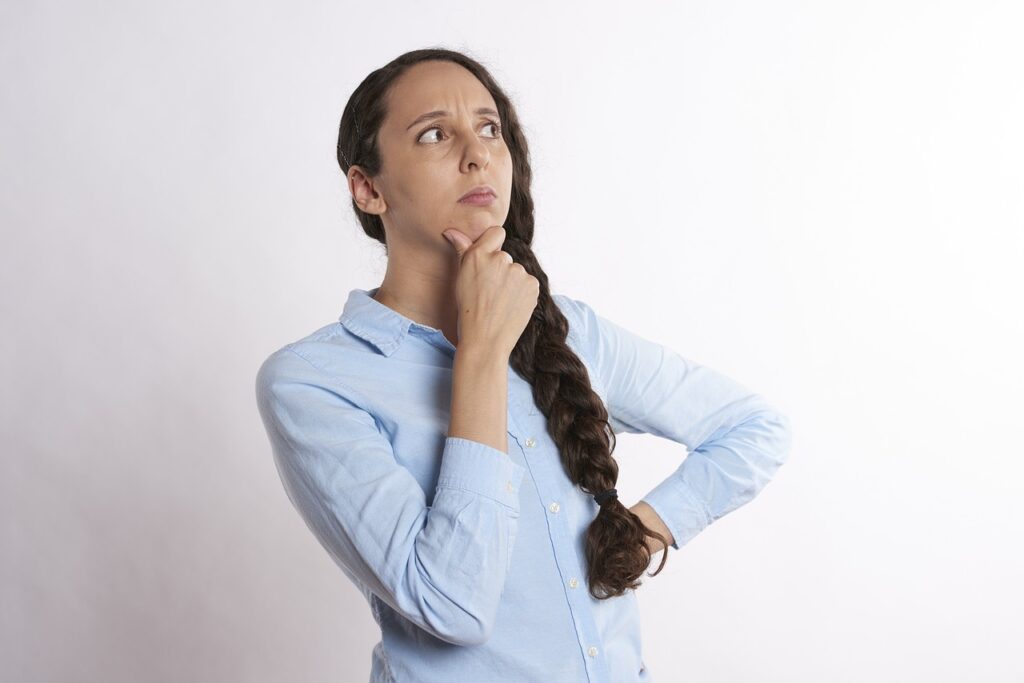
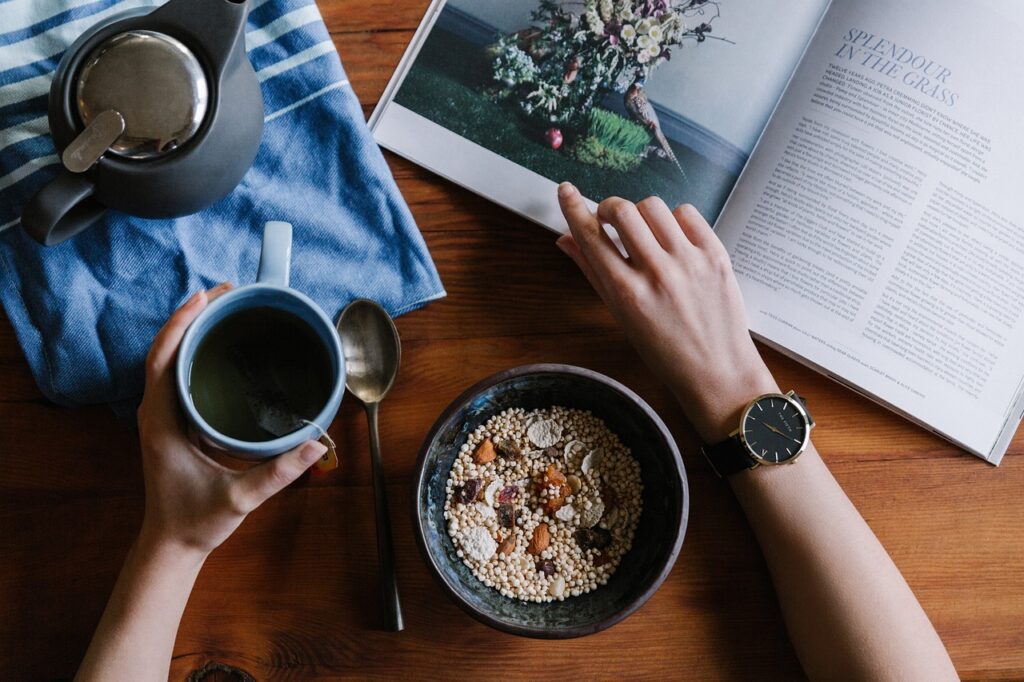
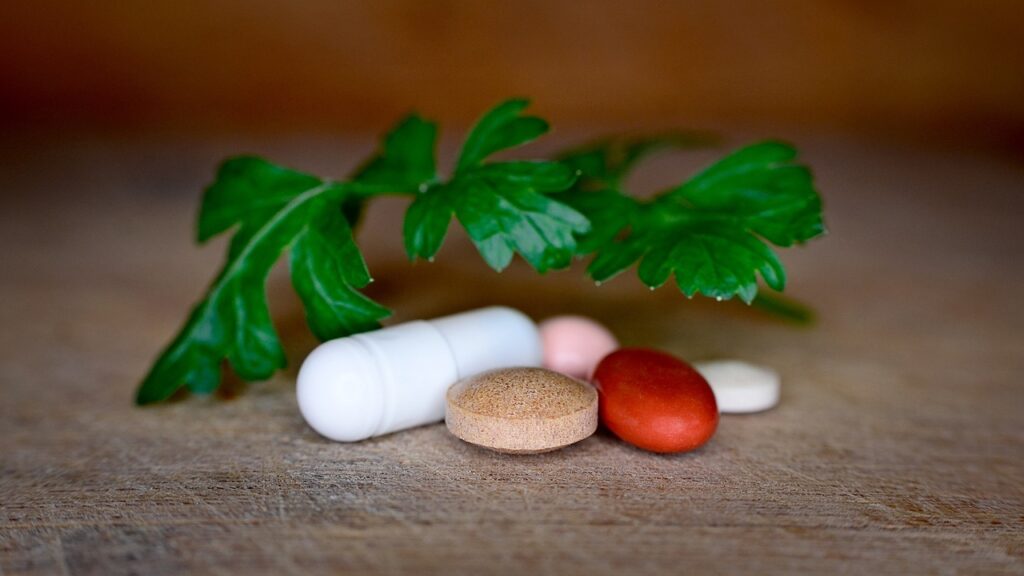

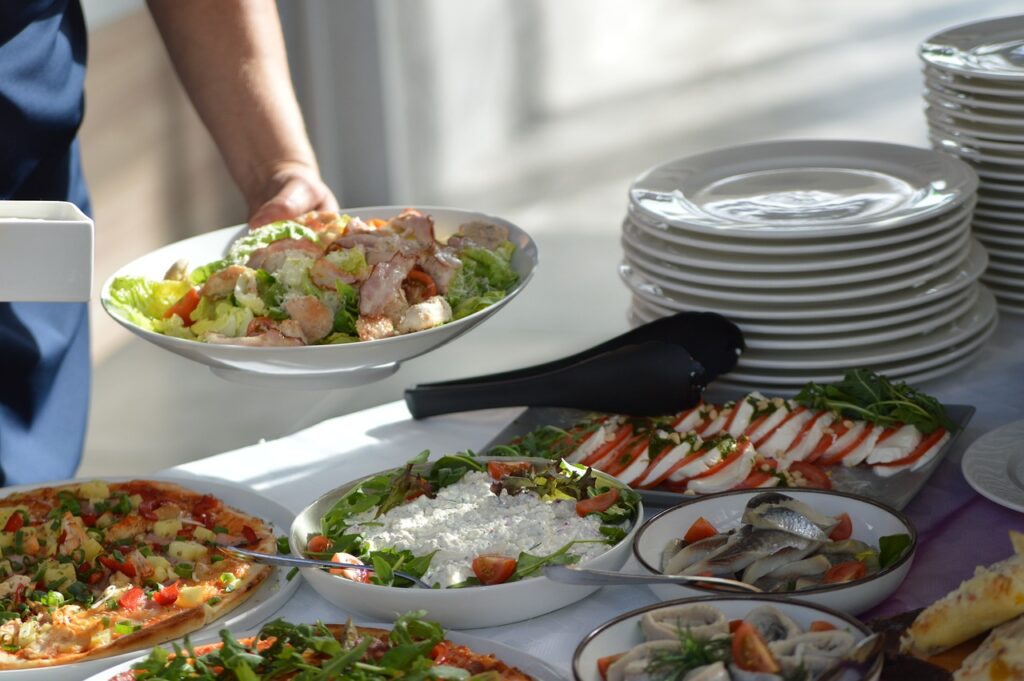
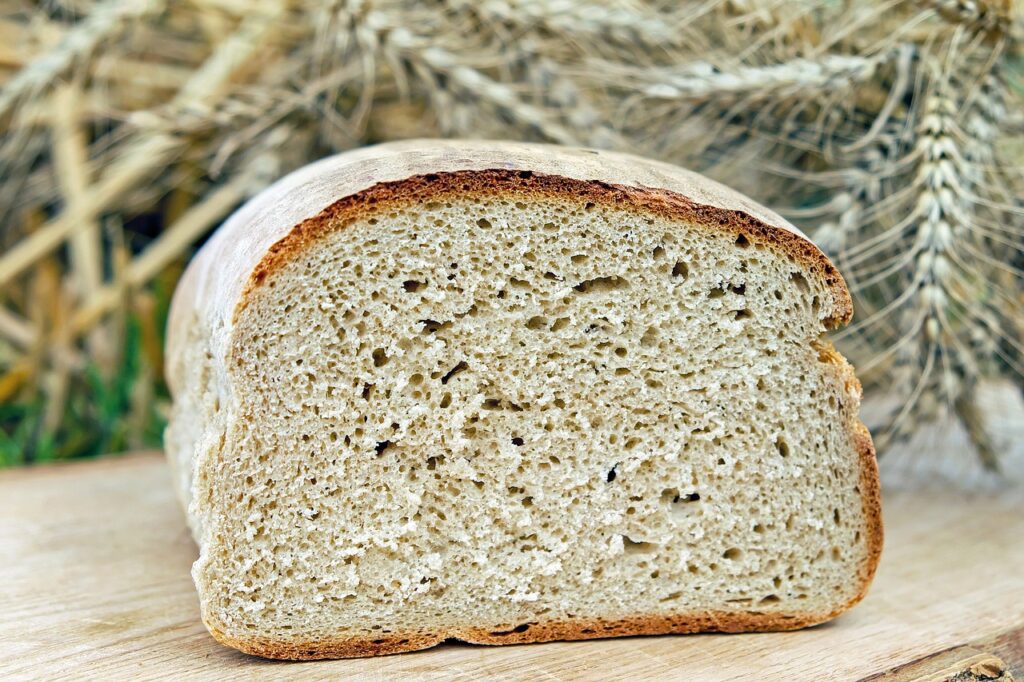
Pingback: Can a vegan and carnivore live happily ever after? – Living with and being married to somebody who is not vegan – Give it to me vegan